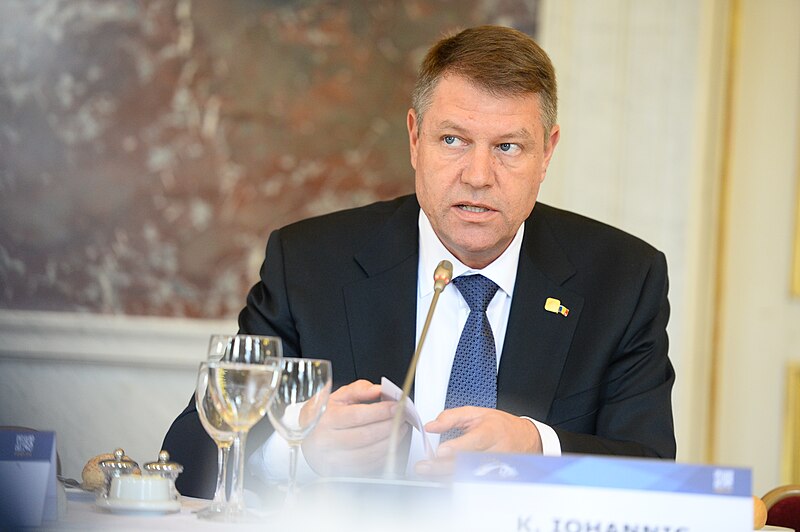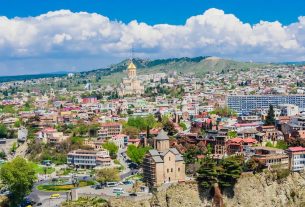On Monday, Romanian President Klaus Iohannis nominated incumbent Prime Minister Marcel Ciolacu to form a new pro-European coalition government. This decision follows a turbulent political period, marked by the annulment of the recent presidential election by the country’s Constitutional Court. The appointment comes as part of efforts to stabilize the country’s political landscape and address growing tensions within Romania’s political environment.
Ciolacu’s Mandate and Political Context
Marcel Ciolacu, leader of the left-wing Social Democratic Party (PSD), was selected after extensive consultations with Romania’s key political parties. Ciolacu, who has served as Prime Minister since June 2023, will now attempt to lead a coalition government that seeks to restore confidence and stability in Romania’s political system. His party emerged as the strongest force in the 1 December parliamentary elections, giving him a mandate to take charge amidst the country’s ongoing political turmoil.
“I am aware that this will not be an easy mandate,” Ciolacu acknowledged in a statement. “We are facing a deep political crisis, as well as a crisis of trust. This new government will focus on restoring the people’s trust and ensuring that their needs are addressed.”
This nomination follows the dramatic annulment of the presidential election by Romania’s Constitutional Court, a decision that shocked the nation and led to a period of uncertainty. The presidential election had been highly contentious, particularly after the unexpected rise of far-right candidate Calin Georgescu, who won the first round of voting. His success fueled widespread concerns about electoral irregularities, allegations of foreign interference, and the role of social media platforms like TikTok in his campaign.
Coalition Composition and Goals
The new coalition, which is expected to be formally formed in the coming weeks, will include the PSD, the center-right National Liberal Party (PNL), the ethnic Hungarian Union of Hungarians in Romania (UDMR), and smaller minority parties. The coalition partners have agreed to support a common pro-European candidate for the upcoming presidential election, which will be rerun following the court’s annulment of the previous contest.
This broad-based coalition is designed to present a unified pro-European front, countering the rise of nationalist and anti-establishment movements. Ciolacu’s leadership is seen as an attempt to exclude far-right forces, such as Georgescu’s supporters, from the political mainstream. The move comes at a time when Romania, as part of the European Union, is under increasing pressure to reinforce its democratic institutions and maintain political stability in the face of growing populist and anti-EU sentiment across the continent.
Ciolacu’s appointment is also a strategic response to the rise of political extremism in Romania, where ultranationalist and anti-European rhetoric has gained traction. The new coalition government aims to strengthen Romania’s position within the EU, focusing on reforms and closer integration with European institutions.
The Path Forward: Navigating Political Strains
Romania’s political landscape has been marked by frequent shifts in alliances and power struggles. In 2021, the PSD and PNL formed a coalition government with the UDMR, but this alliance collapsed the following year after a dispute over power-sharing. Now, as Ciolacu attempts to forge a new coalition, he faces the challenge of balancing diverse political interests while ensuring that the government remains focused on pro-European policies.
The success of this coalition will depend on its ability to address the complex issues facing Romania, including economic recovery, judicial reforms, and tackling corruption. The country’s political stability will also be tested in the lead-up to the rerun of the presidential election, which could further shape the direction of Romanian politics.
Despite the challenges ahead, Ciolacu’s nomination offers hope for a resolution to Romania’s political crisis. If the coalition can hold together, it could serve as a crucial step toward restoring stability and reaffirming Romania’s commitment to its European aspirations.
Image by European People’s Party: https://commons.wikimedia.org/wiki/File:Klaus_Iohannis_at_EPP_Summit,_March_2015,_Brussels.jpg



